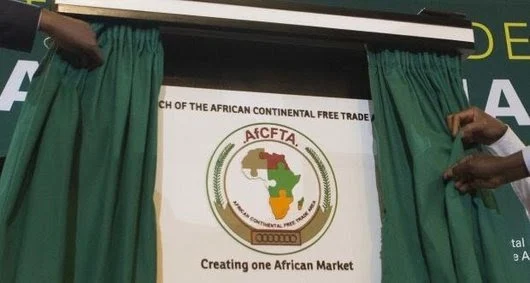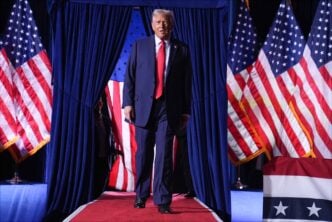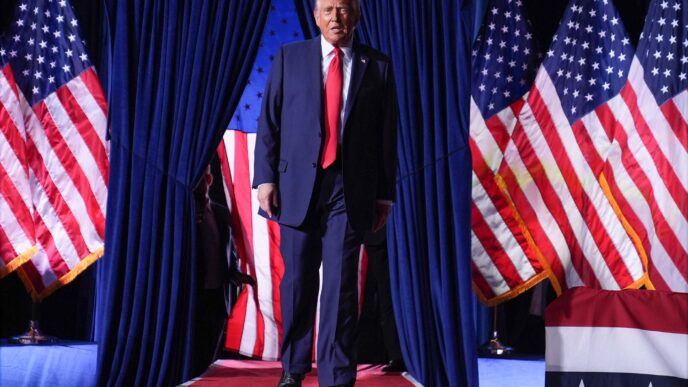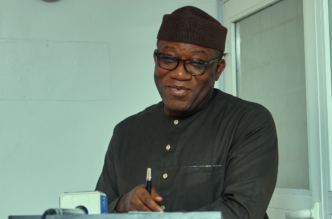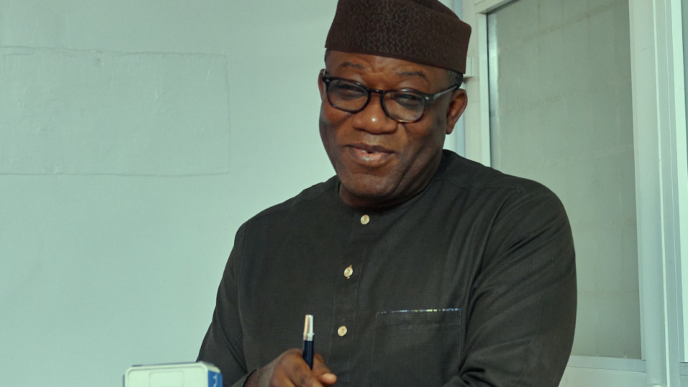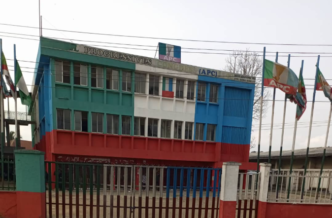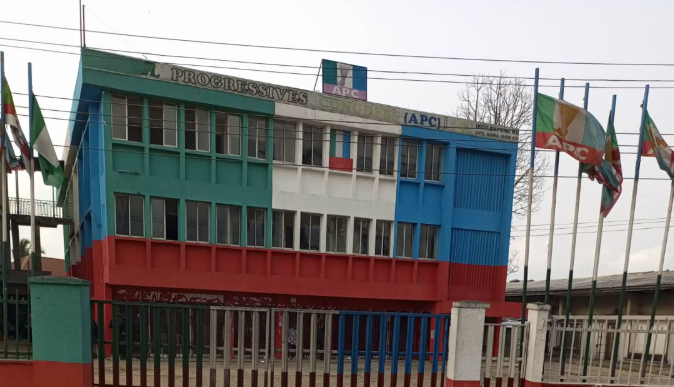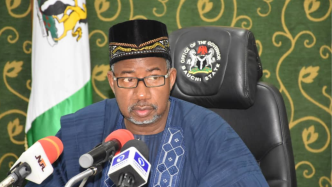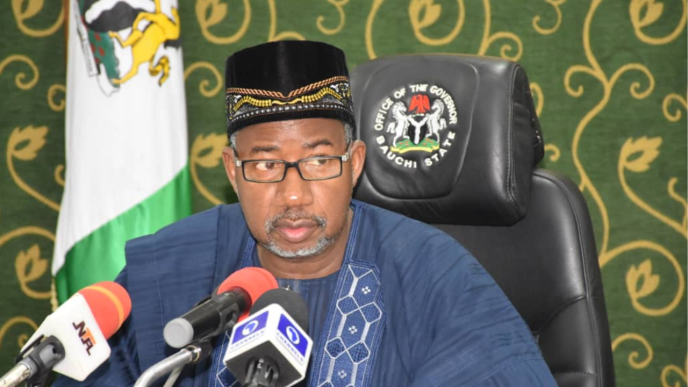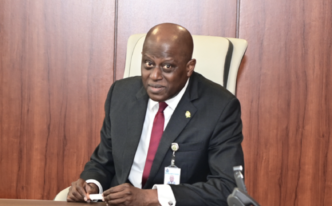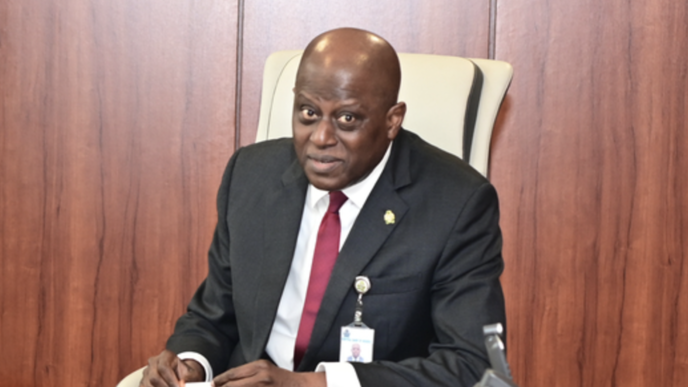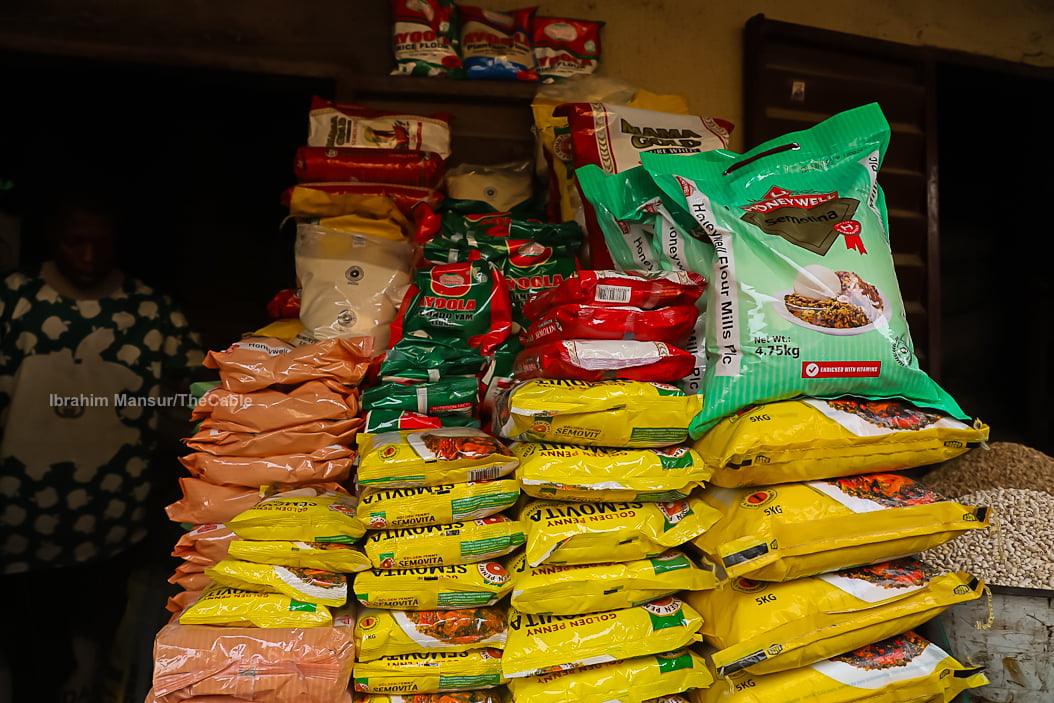“If you are negotiating from a position of strength, you can dictate your terms.”
This saying by Professor Sam Aghalino during my sophomoric days in History 101 class at the University of Ilorin always comes to my mind whenever I ponder over the relationship between Africa and the West (and, even, the rest of the world). Professor Aghalino, then, was teaching us how Africa was “butchered” and appropriated among the imperialist socio-economic cannibals (Britain, Germany, France, Spain, and Portugal); how Africa’s head was shaved without her being present, at the Berlin Conference in 1884/85.
What brought about the response? Someone asked a question as to how the consequences of the Berlin-made injustices could be reversed or addressed, and he responded with the above-quoted phrase. If you’re negotiating from a position of strength, you may be able to dictate your terms, but otherwise, you’re at the mercy of the other (stronger) party.
So after the conference, the basis of existence of some African countries were terms dictated by the imperialist colonial powers. Africans have been living with those terms and condition, even in the post-colonial era. After all, the language of a conquered people, would always be written in the language of the conqueror. He made us understand that, Africa negotiates from a position of weakness and may therefore not get the skewed arrangement reversed, if at all, easily.
Advertisement
Beyond the aftermath of the Berlin conference, which happens to be one of the major historical relics of colonial legacies in Africa, there have been several opportunities to positively re-write the history of the continent. But despite being endowed with such enormous mineral and human resources, with the potential to command a seat at the global politico-economic table, the history remains as it was written, about one-and-a-half centuries ago. Africa, therefore, still continues to negotiate from that proverbial position of weakness up to this moment. Its people in most parts of the West (Euro-America), especially America, are being treated as sub-humans. Governments back home are subservient to western powers. That was why Walter Rodney in his book, titled; “How Europe underdeveloped Africa”, that a proper diagnosis of Africa’s underdevelopment, would reveal, not only protein deficiency, but also leaders in Lusaka, Abuja, Pretoria, Accra, Dodoma, Nairobi, dancing to drumbeats from Paris, Brussels, Berlin, London, and Washington.
At the bottom of racist treatments being meted out to Africans in the West is, the fear by the white, of the likelihood of Africans retaliating the evil of trans-Atlantic slave trade, according to the renowned American Sociologist, Noam Chomsky. He’s talking based on his experience in the US intergroup relations, where being dark-skinned seems to be an offence in the eyes of the law enforcement agents, and even to ordinary (white) citizens. Being black America, is such baggage. While American white supremacists are lousy, and overt, about their own racism-induced “complex”, there is a pretence that it doesn’t exist in Europe. A friend once wrote on social media that, the greatest scam racism has ever pulled on humanity, is to pretend that it does not exist in the UK. It does not exist anymore. Meanwhile, it actually exists, but just that, it is hardly noticeable. It’s systemic and more subtle than it is in the US. The main thing about it is that, he who feels it, knows it. But that is not the crux of this piece. So, pardon my digression.
In the real sense of it, the emergence of Trump in his “second missionary journey” and the raft of executive orders he’s signed, since he assumed office, rather than a cause for worry, should be a wake-up call for Africa, and its leaders to rethink their strategies. Trump does all those, in fulfillment of his campaign promises to his supporters, most of whom are white supremacist who form a larger percentage of his supporters.
Advertisement
The new thinking and strategy should be aimed at repositioning the continent in the global economic permutations. But due to a conspiracy of corruption, lack of foresight and vision, and lack of preparedness, they are caught unawares by Trump’s paediatric approach to matters of international relation and diplomacy. If Africa, through its leaders, had positioned itself as a formidable economic bloc, like the European Union, for instance, nobody would be here fretting over a Trump whose posture as a messiah to a vast majority of white supremacists is well-documented. If Africa had done the right thing over the past six decades, weaning itself from the feeding bottle of aids and grants from the West, we won’t have to bother about a US President who handles matters of statecraft with an erratic demeanour, devoid of any finesse.
But whether we like it or not, America is the most powerful country on earth, and Donald Trump seems to be in a hurry to remind anyone who doubts it, or is ignorant of it, that the country of Uncle Sam can make or mar you, depending on how you’re viewed by whoever is in power.
Having said that, there have been, and there are still, a number of initiatives through which the dream of an economically strong and independent Africa could be achieved, even though, the opportunities were missed, years back. One of them is the African Continental Free Trade Area (AfCFTA), which encapsulates the Vision 2063 of the African Union (AU).
With a mammoth 54 membership of countries, it is the largest single trading bloc in the world, after the World Trade Organisation (WTO). The AfCFTA (agreement) is meant to institutionalise, a road map for, and encourage intra-continental trade among, the 54 member countries.
Advertisement
I know there is the distraction posed by the temptation of some big economies within the continent, to prioritise joining the BRICS bloc, over AfCFTA, by some big African economies like Egypt, Ethiopia, Nigeria, Uganda among others. This is so because, shortly before he was sworn in last month or so, Trump betrayed the palpable fear of the threat posed to America’s global economic supremacy, by China and the BRICS countries who seek an alternative currency to the US Dollar, as the most acceptable currency for international trade. He threatened to hit them hard, if they make any attempt at undermining the supremacy of the dollar. Some countries, pardonably, misread that to mean, being a member of such a radical bloc would be the most viable option to free themselves from the shackles of the global economy that is too dollarised.
But here, we are talking about building something indigenous to Africa, which will give the continent that solid foundation upon which to leverage, while negotiating terms for international trade, bilateral, and even, multilateral relationships in the comity of nations.
With about 12% of the world’s population, Africa is a market that no economic “Super Power” (or even the wannabes) should ignore, unless they have a Donald Trump as their President. It is too huge a market to be shabbily treated, like the new occupant of the White House is currently doing.
Come to think of the benefits that are in there for African countries, when they import their goods from fellow African countries. It will shore up the value of their respective currencies, or that of the proposed single currency for the continent. Then, most of the foreign goods (from Europe and America) on which a larger chunk of foreign exchange earnings is spent would lose their shares of the market. The hands of a leader like Trump would be forced to initiate a process that would bring the US to the negotiation table for discussion, as partners, not on a benefactor-beneficiary basis. Not as a master-servant arrangement. An economically independent Africa might just be what the world need right now to get Trump to behave, especially now that he is busy opening up a new vista of enmity for the US in Canada, Mexico, and China through unprovoked trade wars.
Advertisement
The the withdrawal of the US’ funding for some UN agencies, and the threat of deportation of over three million immigrants by the Trump’s administration (which has already commenced anyway) is understandably sending jitters down the spines of Africans who are resident in the US. But, under normal circumstances, that should not be, if we’ve done the right thing, post-independence. This is so, if we critically examine the following questions and provide answers, devoid of semantics and attempts at deploying western rhetoric:
1. The US is the most, economically, powerful country in the world, majorly, producing what exactly? Military hardware!
2. Would Africans need those military hardware, had we put our house in order, and stop fighting senseless wars against ourselves? The answer is NO.
Advertisement
3. Are most of the things Africans need for their daily survival produced in the US? No. They are majorly produced by Asian countries like China, India, Malaysia among others. I hardly see any household equipment around me here, with an inscription: “Made in USA.” Most of them could be produced locally, but for our xenocentrism. If it is not made in China, it would be made in India, Malaysia, Taiwan, Pakistan, Singapore Japan, Hong Kong or somewhere close.
4. Do we need them (the US) as much, as they do, us, and vice versa? Yes and no. If we want to sound modest, yes. But if we wish to jettison modesty, the answer is “No”, we don’t need them as much as they need us because we have most of the things they need to function, which they do not, and would never have. Things like mineral deposits and the human resource. The worst-case scenario should have been, “we need them, as much as they need us”, or they need us as much we need them. That brings us to the negotiation table, as equal partners, not in a master-servant, donor-recipient, or benefactor-beneficiary relationship. The reason being that, with their high level of industrial development and technological advancement, most of the raw materials (mineral and human resources) they require for production are deposited in the belly of “Mother Africa”. Talk about the manpower, many Africans are known to be trailblazers across many disciplines in Europe and America.
Advertisement
So, assuming these brains find the right atmosphere to work in, and for, Africa, tell me; who would be coming, cap-in-hand, begging for bilateral relationships or aids? We’ve read about the “good old days”, when staying in Nigeria was much more attractive than relocating abroad — America to be precise. I am talking about when a US Dollar exchanged for ₦0.82. It used to be that good here then. If Trump with his racist inclination, had emerged then, would he have had the balls to threaten anyone, especially Africans (many of whom are Nigerians) with deportation? I don’t think so.
But since some African leaders seem to have vowed not to exercise that tiny muscle in their skulls, called brain, the time has come for them to, either think or sink. Now that Trump has commenced his crackdown on immigrants in fulfillment of his campaign promises; since he’s decided to put an end to all funding to countries like South Africa, for exercising its sovereignty by signing into law, Land Expropriation Act; since he’s reportedly agreed (according to Elon Musk) to shut down the US Agency for International Development (USAID), the time is now for the continent to look inward and develop an indigenous mechanism for socio-economic growth and development, that would serve as a mainstay of African economy and at the same time serve as a strong bargaining chip in the international political economy. AfCFTA is one of such. If well administered, it has the capacity to numb whatever pain that could be caused by Trump’s rashness in decision-making, as it affects the US’ foreign relations.
Advertisement
I know there is more to International Relation and Diplomacy, than my seemingly simplistic submission. But that line of thought seems to be the way out now, if we had tried all the theories in the book, and nothing seemed to work. It is about we started nurturing AfCFTA as a robust response to absorb whatever shock is occasioned by the proverbial bull in a China shop. That is why, the news that “Nigeria, Uganda strengthen trade relations under AfCFTA” gladdens my heart. It couldn’t have come at a better time than now. We look forward to getting more of such news in the coming months.
Abubakar writes from Ilorin, Kwara state. He can be reached via 08051388285 or [email protected]
Views expressed by contributors are strictly personal and not of TheCable.
Add a comment

